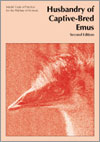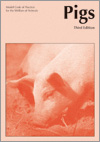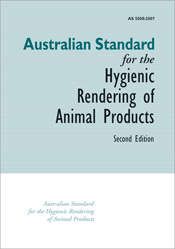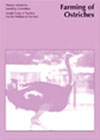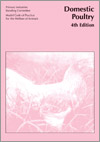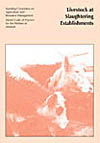Model Code of Practice for the Welfare of Animals: Husbandry of Captive-Bred Emus
Updated guidelines for those responsible for the welfare and husbandry of emus in captivity.
Emus are kept in situations that vary from extensive grazing to close confinement and housing. Whatever the form of husbandry, owners, managers and handlers of emus have a responsibility for the health, welfare and considerate treatment of the birds under their control. + Full description
The basic behavioural, anatomical and physiological needs of emus are considered in this document, irrespective of the degree of intensive husbandry practised, or the climatic conditions to which the emus are exposed.
The basic requirements for the well-being of emus covered in this Code include:
- appropriate and sufficient food and water to sustain health and vitality
- sufficient area to maintain their well-being and in which to exhibit normal behaviour
- protection from predation
- protection from disease, including disease that can be exacerbated by management
- protection from extremes of climate, particularly during certain phases of their lives
- protection from pain, distress, suffering and injury
The Code is intended as a set of guidelines that provides detailed minimum standards for assisting people in understanding the standard of care required to meet their obligations under the laws that operate in Australia’s States and Territories.
- Short descriptionNews
This title is no longer available in print format.
Details
PDF | September 2006 |ISBN: 9780643093591 | 18 pages
Publisher: CSIRO Publishing
Features
- Updated to include more information on stocking rates
- New information on hatchery equipment recommendations, quarantining new stock and declawing techniques
Contents
PrefaceIntroduction
Housing
Equipment
Protection from predators and hazards
Food and water
Handling and yard facilities
Special requirements
Hatchery management
Humane slaughter

